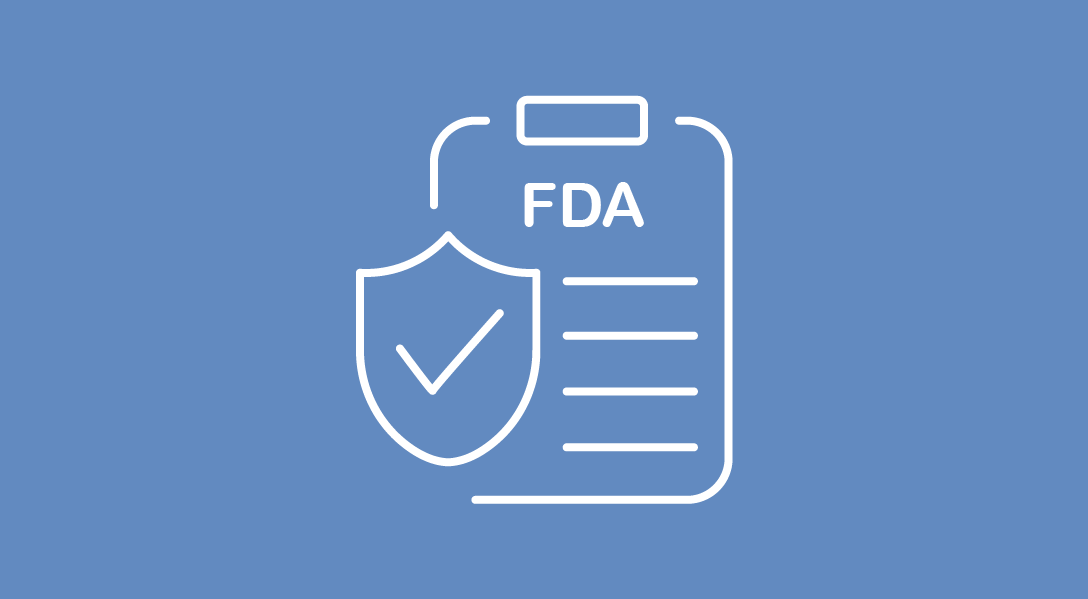Pembrolizumab Plus Chemo Receives Priority Review From the FDA for Advanced Pleural Mesothelioma
An sBLA was granted priority review from the FDA, which is seeking the approval of pembrolizumab plus chemotherapy for the frontline treatment of malignant pleural mesothelioma.
Pembrolizumab Plus Chemo Receives Priority Review From the FDA for Advanced Pleural Mesothelioma

A new supplemental biologics license application (sBLA) was granted priority review from the FDA to seek the approval of pembrolizumab (Keytruda) plus chemotherapy as a frontline therapy for patients with unresectable or metastatic malignant pleural mesothelioma.1
The sBLA is based on data from the pivotal phase 2/3 IND.227/KEYNOTE-483 trial (NCT02784171), in which the combination led to a statistically significant improvement in overall survival (OS; HR, 0.79; 95% CI, 0.64-0.98; 2-sided P = .0324) and progression-free survival (PFS; HR, 0.80; 95% CI, 0.65-0.99; 2-sided P = .0372) vs chemotherapy alone in this population.
Data from the final analysis of the trial, which were presented at the 2023 ASCO Annual Meeting, showed that the addition of pembrolizumab to chemotherapy produced a median OS of 17.3 months (95% CI, 14.4-21.3) vs 16.1 months (95% CI, 13.1-18.2) with chemotherapy alone. The median PFS was 7.13 months (95% CI, 6.93-8.12) with the combination vs 7.16 months (95% CI, 6.83-7.69) with chemotherapy alone.2
The FDA’s target action date under the Prescription Drug User Fee Act is September 25, 2024.1
“Malignant pleural mesothelioma is typically diagnosed in advanced stages when curative surgery is not an option, and progresses quickly,” Dr Gregory Lubiniecki, vice president, oncology clinical research, Merck Research Laboratories, said in a news release. “We continue to evaluate [pembrolizumab] in new and difficult-to-treat tumors and look forward to working with the FDA to help bring [pembrolizumab] as a potential treatment option to certain patients with advanced malignant pleural mesothelioma.”
IND.227/KEYNOTE-483 was designed as a randomized, open-label phase 2/3 trial that evaluated chemotherapy with or without pembrolizumab in patients with unresected advanced pleural mesothelioma. The primary end point was OS, and secondary end points included PFS and objective response rate (ORR) as assessed by blinded independent central review per RECIST v1.1 criteria modified for mesothelioma, safety, and quality of life.
To be eligible for enrollment, patients needed to have an ECOG performance status (PS) of 0 or 1; adequate hematologic, liver, and renal function; measurable disease by modified RECIST criteria; and available tumor block for correlative research. In addition, patients could not have received prior systemic therapy in the advanced setting or more than 10 mg of prednisone or an equivalent daily. A contraindication to immunotherapy, other active malignancy, or known central nervous system metastases that were not treated and stable served as exclusion criteria.2
During the phase 3 portion, 440 patients were enrolled and randomly assigned to receive 200 mg of intravenous pembrolizumab every 3 weeks for up to 35 cycles plus 500 mg/m2 of pemetrexed (Alimta) every 3 weeks for 6 cycles and 75 mg/m2 of cisplatin every 3 weeks for 6 cycles; or pemetrexed plus cisplatin alone. Patients could substitute cisplatin with carboplatin at an area under the curve of 5 or 6 every 3 weeks for 6 cycles in either arm.1
Baseline characteristics of the population in the experimental arm (n = 222) indicated that most patients were male (74%), White (79%), and had an ECOG PS of 1 (55%). Moreover, most patients had prior asbestos exposure (56%) and prior smoking history (58%). The median age of this population was 71 years (range, 33-87). The predominant histological subtype was epithelioid (78%), and most patients were PD-L1 positive (≥ 1; 59%) and had an EORTC prognostic score above 1.27 (65%).2
The median time from first histological diagnosis to randomization in the experimental arm was 1.84 months (range, 0.26-73). Few patients had previously undergone major surgery (10%), prior radiation (4%), and prior neoadjuvant or adjuvant chemotherapy (1%).2
Additional findings from the trial demonstrated that the estimated 12- and 24-month PFS rates with the combination were 26% and 9%, respectively, vs 17% and 4% with chemotherapy alone. The estimated 24- and 36-month OS rates were 39% and 25% with the addition of pembrolizumab, respectively, vs 33% and 17% with chemotherapy alone. Moreover, patients experienced a higher ORR with the combination vs chemotherapy alone, at 62% vs 38%, respectively (P < .0001).1
Stable disease occurred in 32% of patients in the experimental arm vs 47% of those in the control arm, with an additional 4% and 5% of patients experiencing disease progression, respectively. The median duration of response was 5.8 months (95% CI, 5.5-7.0) with the combination vs 5.5 months (95% CI, 4.2-6.0) with chemotherapy alone (P = .185).2
The safety profile of the combination in KEYNOTE-483 was consistent with that from previously reported trials.1
References
- FDA grants priority review to Merck’s application for KEYTRUDA (pembrolizumab) plus chemotherapy as first-line treatment of patients with unresectable advanced or metastatic malignant pleural mesothelioma. News release. Merck. May 29, 2024. Accessed May 29, 2024. https://www.merck.com/news/fda-grants-priority-review-to-mercks-application-for-keytruda-pembrolizumab-plus-chemotherapy-as-first-line-treatment-of-patients-with-unresectable-advanced-or-metastatic-malignant-pl/
- Chu QS, Piccirillo MC, Greillier L, et al. IND227 phase III (P3) study of cisplatin/pemetrexed (CP) with or without pembrolizumab (pembro) in patients (pts) with malignant pleural mesothelioma (PM): a CCTG, NCIN, and IFCT trial. J Clin Oncol. 2023;41(suppl 17):LBA8505. doi:10.1200/JCO.2023.41.17_suppl.LBA8505



